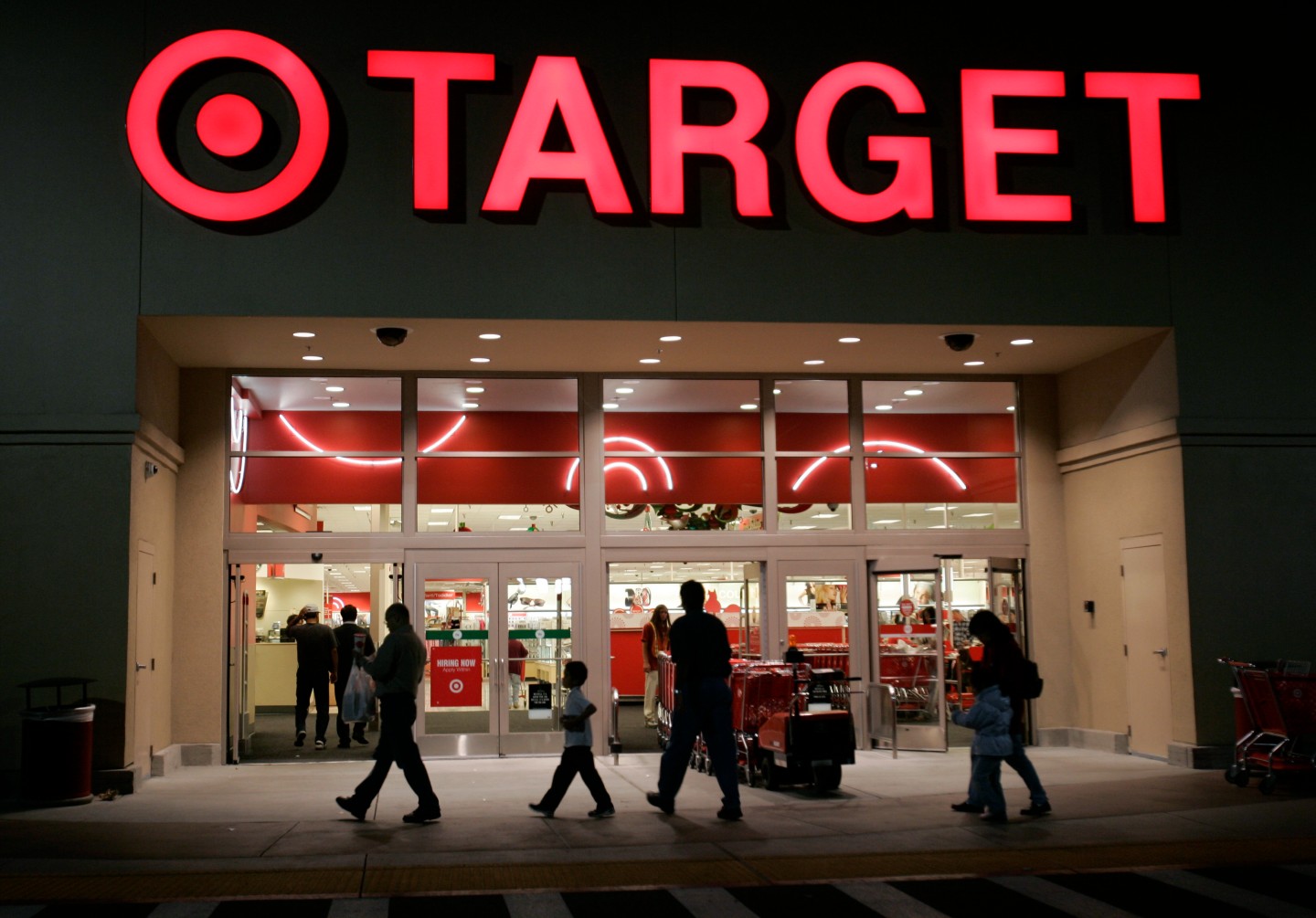
Just before 11:30 am on July 20, the U.S. Chamber of Commerce posted its federal lobbying disclosure for the second quarter of this year. At a total of $11.64 million, its spending was down from a whopping $17.19 million spent in the first quarter, but it still put the giant trade association on track to be among the top spenders.
The first item the Chamber listed on its report under government issues is, appropriately, the first bill introduced in the U.S. House this Congress: H.R. 1, the For the People Act of 2021, the sweeping package of voting access, campaign finance, and government ethics reforms that was blocked by a Senate Republican filibuster last month.
In April, the U.S. Chamber renewed its strong opposition to the For the People Act by issuing a key vote alert against it, even as several large companies that are members, like Microsoft and Ford Motor Company, pledged in a full-page New York Times ad to be supporting the fundamental right to vote.
According to corporate watchdog group Accountable.US, which launched a Drop the Chamber campaign in May, the U.S. Chamber has spent $129.24 million since 2019 while lobbying against the For the People Act’s provisions, which would include anti-corruption measures and the first-ever public campaign financing option for candidates for Congress. While the Chamber does not publicly disclose its members, companies that appear to be members because they are either members of the group’s business council or have recently disclosed paying it dues include Facebook, General Motors, and Target—among the signers of the April ad opposing voting restrictions.
Also today, Greenpeace released a scorecard, “Dollars vs. Democracy,” that grades 41 large companies according to their support for the For the People Act and voting rights legislation, along with whether they have publicly declared a break with the U.S. Chamber of Commerce over its lobbying against election protections and other factors. Only two companies, Patagonia and Unilever, got credit for publicly opposing the Chamber’s lobbying operation. The apparel company’s CEO has strongly urged support for the For the People Act. The consumer goods company quit the Chamber in 2017, according to an analysis by Public Citizen, joining other large companies in leaving over political differences and the trade group’s environmental positions. Unilever has not publicly endorsed the For the People Act, according to Greenpeace’s scorecard.
Companies that have ties to the Chamber—Amazon, Facebook, Google, Microsoft, Salesforce, and Target—earned C grades in the Greenpeace scorecard for their public support of the John Lewis Voting Rights Act in the previous Congress. General Motors received a grade of D for at least responding to Greenpeace’s letter asking companies if they’d seen the group’s May 10 report on voting rights under assault. Likely Chamber members Ford and United Airlines also got grades of D, avoiding a failing grade for signing an April 2021 statement on voting rights from the Black Economic Alliance.
Some companies that got slapped with F’s from Greenpeace for their stances on the freedom to vote include AT&T, Coca-Cola, Delta, Home Depot, UPS, and Verizon.
Another company flunking the scorecard is Comcast, corporate owners of MSNBC, which a new joint study from Common Cause and the Communications Workers of America union found was the top lobbying spender in the behemoth telecom industry, shelling out $43 million over the previous Congress. Comcast is an active participant with the chamber’s foundation, according to the foundation’s website.
Many of the Chamber’s lobbyists have ties to Hill offices:
- John Abegg – former legal counsel for Sen. Mitch McConnell (R-Ky.)
- Neil Bradley – former chief of staff and policy director for Rep. Kevin McCarthy (R-Calif.)
- Christopher Eyler – former senior legislative assistant to Rep. Kevin Brady (R-Texas)
- Roger Gibboni – former intern for Sen. Pat Toomey (R-Pa.)
- Imel Jennings – former intern for Rep. Ken Calvert (R-Calif.)
- David Weissman – former intern for Rep. Mike Rogers (R-Ala.)
- Shavenor Winters – former legislative aide for Sen. Patty Murray (D-Wash.)
The U.S. Census Bureau is set to release data to states on Aug. 16 that kicks off the redrawing process for state and congressional districts; if the For the People Act has not been passed by then, the expectation is that districts drawn with the intent to gerrymander will set a political precedent that will prove difficult to walk back.
For more tracking of corporate lobbying and voting access, get the Sludge newsletter.
